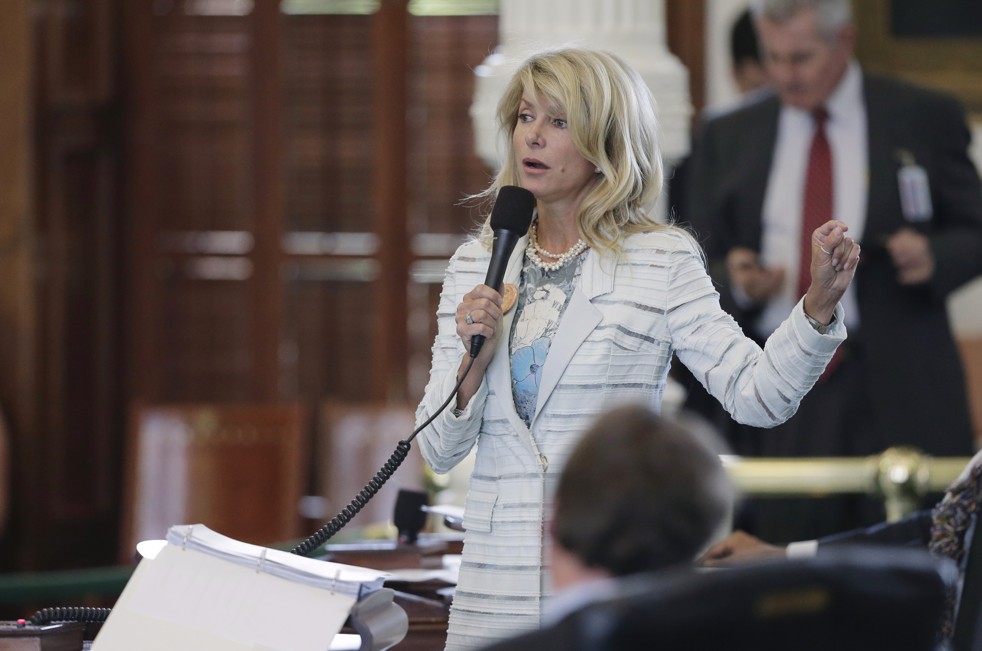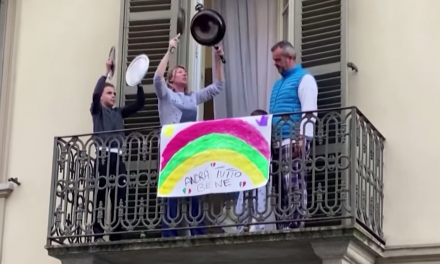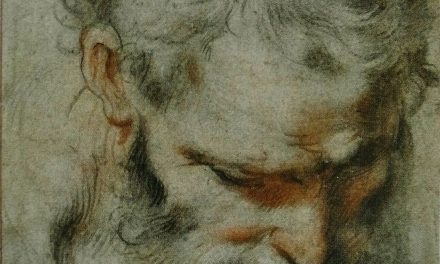“We, the People, recognize that we have responsibilities as well as rights; that our destinies are bound together; that a freedom which asks only what’s in it for me, a freedom without a commitment to others, a freedom without love or charity or duty or patriotism, is unworthy of our founding ideals…”
Although there were many points that I found noteworthy in President Obama’s acceptance speech last night at the DNC [1], it was these lines on the inseparability of true freedom and responsibility that most stood out to me. Perhaps this was because I had just taught a couple of classes on the theological reasons for both distinguishing between and holding together the “positive” and “negative” dimensions of human freedom: that is, as Christians, we recognize that the fullness of human freedom is not only or primarily freedom from coercion and constraints on our choices, but rather freedom for self-commitment in love and responsibility. This theme is consistently woven throughout the Church’s moral teaching, from the Catechism (e.g., ##1731-1734) to Faithful Citizenship (#49) and many other documents, including the following section from Pacem in Terris, which acknowledges the ways that responsibility, as the correlate of freedom, is at the center of the dignity of citizenship:
“As the Apostle Paul exhorts us, ‘Away with falsehood then; let everyone speak the truth to his neighbor; membership of the body binds us to one another.’ This will be accomplished when each one duly recognizes both his rights and his obligations toward others. Furthermore, society will be as we have just described it if the citizens, guided by justice, apply themselves seriously to respecting the rights of others by discharging their own duties; if they are moved by such fervor of charity as to make their own the needs of others and share with others their own goods . . . human society is bound together by freedom, that is to say, in ways and means in keeping with the dignity of its citizens who accept the responsibility of their actions, precisely because they are by nature rational beings,” (#35)
Our dignity as rational beings—not to mention democratic citizens—is most deeply affirmed when we recognize and accept our responsibilities, including responsibilities to and for the society in which we live. “Responsibility” here can function in two ways, indicating both accountability and obligation: in the first sense, we acknowledge ourselves as the authors of our actions (be as it may that there are always other “co-determining” factors); in the latter, we recognize the impact that our action (or lack thereof) has on other human persons—that is, we are responsive to their needs. Both dimensions of responsibility are essential to an adequate understanding of the term.
In light of this, I find it interesting that the Republican Party has most often claimed for itself the mantle of the Party of Personal Responsibility, arguing that in this land of opportunity one has only oneself—and, of course, “the government”—to blame for a lack of prosperity. And yet even if such a proposition were true, it is incomplete due to its failure to acknowledge that responsibility entails not only accountability for our private lives but also obligations that extend beyond them. In his acceptance speech, President Obama stated that while “we don’t think the government can solve all our problems . . . we don’t think the government is the source of all our problems, any more than are welfare recipients, or corporations, or unions, or immigrants, or gays, or any other group we’re told to blame for our troubles. Because we recognize that this democracy is ours.”
Is it, though? While I found Obama’s speech compelling and inspiring, it didn’t quite wash away the feelings of frustration that have accumulated over the past several years, in which it has often seemed that the Democratic Party is as captive to energy and finance corporations and military industries as the GOP, and both sides are far too entrenched to recognize the limits of their own ideologies. One insightful commentary on the President’s speech pointed out that “the president seemed to realize that this was no less a challenge to himself than it was to his opponent. We create our own government. We are responsible for its beauty and for its ugliness. We are responsible for its glories and for its failures and, most important, we are responsible for amending those failures no matter who are their most immediate architects.”[2] I’m not holding my breath waiting for a utopia of participatory democracy and civic friendship if Obama is re-elected. But I do believe—strongly—that the vision of freedom and responsibility that he presented last night holds far more promise than anything I heard last week from the convention in Tampa.
“As citizens,” the President said, “we understand that America is not about what can be done for us. It’s about what can be done by us, together, through the hard and frustrating but necessary work of self-government”—for which we are all responsible.
1. Transcription of speech taken from http://www.washingtonpost.com/politics/dnc-2012-obamas-speech-to-the-democratic-national-convention-full-transcript/2012/09/06/ed78167c-f87b-11e1-a073-78d05495927c_story.html (9/7/2012)
2. Charles Pierce, “The President Finally Accepts America for Ourselves,” http://www.esquire.com/blogs/politics/obama-convention-speech-2012-12454673 (9/7/2012)





Jess, Thanks so much for this excellent blog! I could not agree with you more. We focus alot on particular issues most of the time – but I just cannot help but believe both the Democrats and the Republicans that this is an election about national identity and who we are as a people. I think the President is right – self-government is hard and frustrating. And I thought Charles Pierce was spot on in his indictment of himself and us all – we are all responsible.
I thought the best image of the convention was the statement by Michelle Obama that “when you’ve worked hard, and done well, and walked through that doorway of opportunity…you do not slam it shut behind you…you reach back, and you give other folks the same chances that helped you succeed.” The illusion that opportunity is just out there for everyone without costing anything. Like you, re-electing President Obama will not miraculously make self-government easier but I found his speech quite effective and motivating.
Jessica: A lot of people found hope and inspiration from Obama and the Democrats at their convention but it should be possible to make that point without mischaracterizing the Republicans and what they stand for. It may well be your perception that Republicans believe “that in this land of opportunity one has only oneself—and, of course, “the government”—to blame for a lack of prosperity” but you will not find any serious Republicans who believe it.
If you’re willing to let Democrats speak for themselves – as you did by citing their comments and the opinions of their supporters – then you should do as much for the Republicans. A fair argument requires fair treatment. Obama’s words at his convention can hardly be given more credence than Romney’s comments at the Republican convention. Is there reason to celebrate the words of one and dismiss those of the other?
“We look to our communities, our faiths, our families for our joy, our support, in good times and bad. It is both how we live our lives and why we live our lives. The strength and power and goodness of America has always been based on the strength and power and goodness of our communities, our families, our faiths.” Does this sound like the every-man-for-himself party you described?